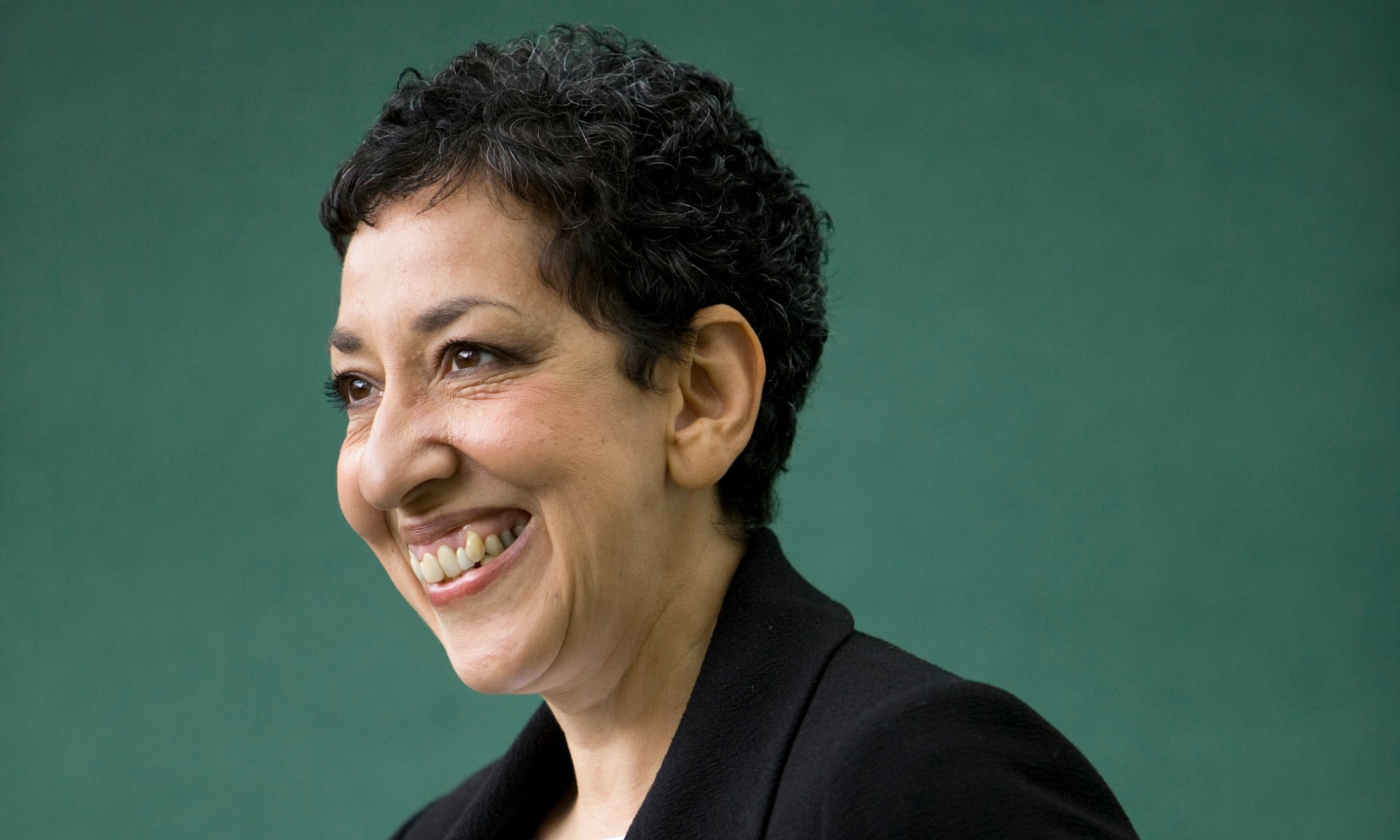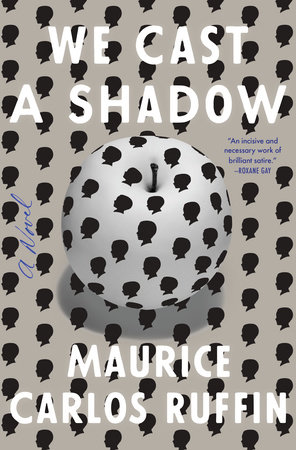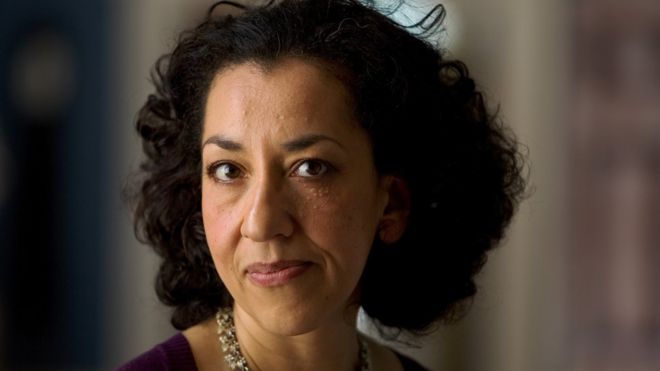Part I: The DNA Trail from Madagascar to ManhattanPosted in Africa, Anthropology, Articles, Health/Medicine/Genetics, History, Media Archive, Oceania, Slavery, United States on 2019-02-16 02:35Z by Steven |
Part I: The DNA Trail from Madagascar to Manhattan
Radiant Roots, Boricua Branches: Musings on My Tri-racial Black and Puerto Rican Ancestry.
2015-01-27

Map of Indian Ocean Countries
This blog post is dedicated to my M23 Malagasy ancestors who survived the Middle Passage and made it to New York and New Jersey. This is Part I of a two part series and is focused on my family’s Malagasy ancestry. My next blog post will discuss how my ancestors arrived in New York based on the actions of unscrupulous NY merchants and pirates.
About Madagascar and DNA
Over the past decade, there have been numerous studies done that describe the origins of the Malagasy, the people of Madagascar. For example, in 2005, Hurles et al. discussed the dual origins of the Malasy people as being Southeast Asian and East African. His study was followed by one done in 2009 by Sergio Tofanelli et al. In this article, they wrote:
“Our results confirm that admixture of Malagasy was due to the encounter of people surfing the extreme edges of two of the broadest historical waves of language expansion: the Austronesian and Bantu expansions. In fact, all Madagascan living groups show amixture of uni-parental lineages typical present in African and Southeast Asian populations with only a minor contribution of Y lineages with different origins. Two observations suggest that the Y lineages with “another origin” entered the island in recent times: 1) they are particularly frequent in the Tanosy area (Fort Dauphin), and around Antananarivo, where commercial networks and the slave trade had a focus; 2) they matched with haplogroups typical of present Indo-European (Europeans) and Arabic speaking (Somali) people.”.
In addition, a 2012 study by Cox, et al. noted that most Malagasy people can trace their mtDNA back to 30 Indonesian women who made up the founding population of Madagascar. Given the fact that Southeast Asian Y-DNA was also found among the Malagasy, it is assumed that there were also some Indonesian men among this group of women. These women went on to have children with the Indonesian men present as well as men from Africa. Later migrations from Africa also included Southeast African Bantu mtDNA haplogroups from north of the Zambezi River. In 2013, Melanie Capredon et al. also discussed the Arab-Islamic contribution to the Malagasy gene pool as a result of Indian Ocean slave trade…
Read the entire article here.







